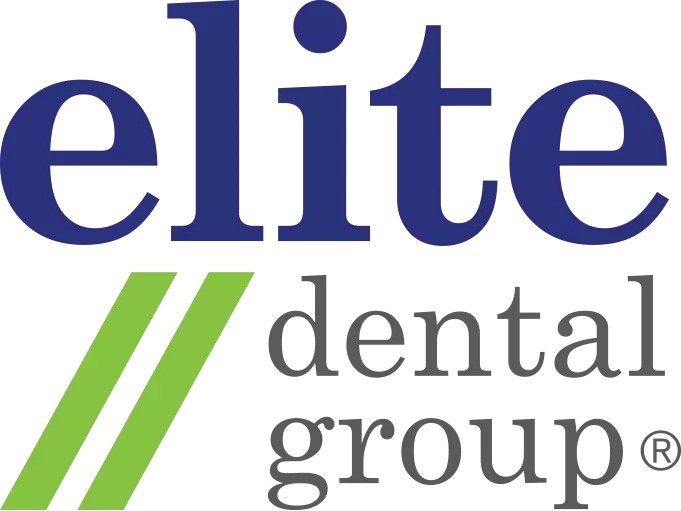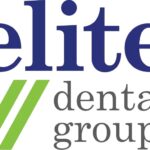Are you looking to save money on dental? Then this article might interest you!
Dentists play a pivotal role not only in treating dental issues but also in preventing them. While they offer valuable guidance, there are several aspects that a short consultation of 15-20 minutes will not be able to cover.
It is not uncommon for the dental surgeon to only spend enough time per consultation to address the main presenting complaint of the patient , without spending time to educate patients on the status of his or her overall dental health.
Many patients may have moderate to severe dental issues with no pain or symptoms yet, and that is the main reason why preventive visits to the dentist are often viewed as an unnecessary spend, until it’s too late.
Read: 6 Reasons Why You Should Not Choose A Cheap Dentist
As a dental surgeon with more than 20 years of experience, I would like to break down some of the key information that I have told my patients that can actually help you save money on dental care.
1. Your Oral Health Is Linked To Your Systemic Health
Beyond teeth and gums, oral health has far-reaching implications. Dentists should take time to stress the connection between oral health and systemic health. Periodontal disease has been linked to conditions such as heart disease, diabetes, and even pregnancy complications.
If left untreated, gum disease can escalate from gingivitis to periodontitis. At this point, you might even begin to lose your teeth and require dental implants or All-on-4 treatment. Both of these treatments can range from $3,500 per dental implant to well over $25,000 per arch of dental implants supporting false teeth.
Read: The Real Cost of Dental Implants in Singapore
Imagine a car without routine maintenance. You might find yourself facing costly repairs. The same analogy can be applied to oral health. Regular dental check-ups act as preventive maintenance, allowing dentists to catch issues in their early stages. By maintaining good oral hygiene and addressing gum issues promptly, you can avoid both the discomfort and bills associated with advanced gum disease treatments.
2. Proper Nutrition for Oral Health Protects
Dentists often focus on brushing and flossing, but did you know that nutrition plays an equally vital role in maintaining your overall oral health?
Sugary and acidic foods can erode enamel and promote cavities. Your dentist should provide guidance on a balanced diet that promotes strong teeth and healthy gums. One less Coca-Cola or bubble tea can mean one less eroded tooth.
3. Regular and Thorough Dental Visits Are More Than Treating Dental Conditions
While it is common knowledge that regular dental check-ups are essential, the significance often gets overshadowed. Your dentist should emphasize that these visits are not just for treating existing problems but for preventive care. Early detection of issues can save you from painful and costly treatments down the road.
I have seen my fair share of patients who visit me for emergency dental care. Emergency dental care can be considerably more expensive than routine check-ups as you do not have the luxury of comparing costs when you are experiencing a toothache. Neglecting oral health can lead to emergencies like severe toothaches or infections, often requiring immediate attention.
In the vast majority of cases, dental emergencies can be entirely prevented!
4. To Be Effective At Brushing and Flossing, You Need The Right Techniques
Many of us are unaware that we might not be brushing and flossing effectively. While it might sound like something you do back-at-school, dentists should be offering personalized guidance on proper techniques, duration, and the right tools to use.
Saving money on a dentist can be as simple as using the right techniques and tools. A good brush and floss costs almost nothing. If you are unsure what you need to achieve optimal oral care, ask your dentist for information!
5. Nighttime Teeth Grinding (Bruxism) Can Be The Reason For Your badly worn down, weakened teeth
Bruxism is a common issue that many patients are unaware of until it progresses into something more serious. Dentists should inquire about grinding habits, which can lead to tooth wear, jaw pain, and even headaches.
Teeth grinding (bruxism) often goes unnoticed until it takes a toll on your teeth. Cracked, worn-down teeth from grinding can result in pricy restorative procedures such as dental crowns or veneers. Customized nightguards, recommended by dentists, can prevent this damage and save you from hefty bills down the road.
6. Tailored and Personalized Oral Care Is More Than a Buzzword
Your oral health is like a fingerprint. There is no one who has the same oral health hygiene, needs and requirements as you. This is the reason why one size does not fit all when it comes to oral health. By identifying your risk factors and vulnerabilities, your dentist can implement preventive measures precisely tailored to your situation, helping you avoid potential problems before they arise.
Personalized care is not just about providing treatments. It is also about a meaningful patient-dentist partnership. Dentists should be ready and equipped to address personalized care routines, while taking into consideration factors like age, medical history, and lifestyle. This transparency in communication empowers you to make informed decisions about your dental care. It also provides you with information to make you an active participant in maintaining your oral health and preventing unnecessary dental costs from arising.
More importantly, personalized dental care is not just a one-time strategy. It is a lifelong commitment to your well-being. Dentists consider your long-term oral health journey and develop plans that evolve with your changing needs, from childhood to adulthood and beyond.
Good Oral Health Helps You Save Money In The Long-Run
Addressing these crucial yet often unspoken aspects of oral health can empower patients like you, to make informed dental decisions. A proactive approach to oral health will not only result in a dazzling smile but also contribute to a healthier, happier life.
Are you ready to embark on a journey for better overall health?

 Elite Dental Group
Elite Dental Group